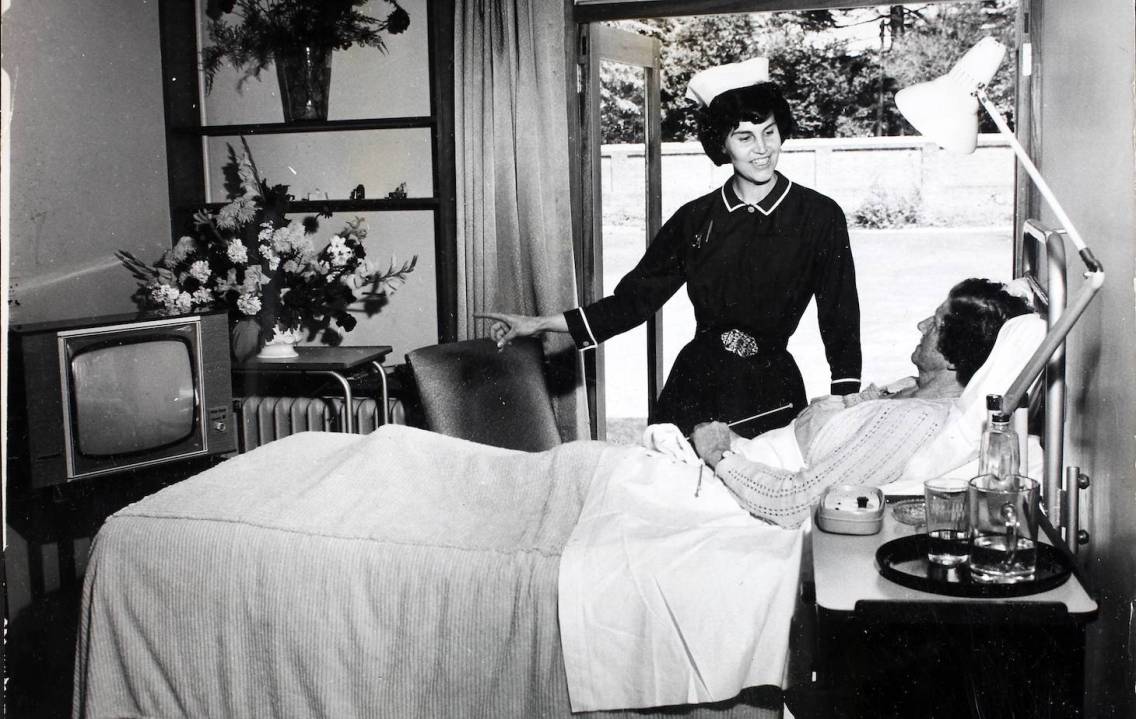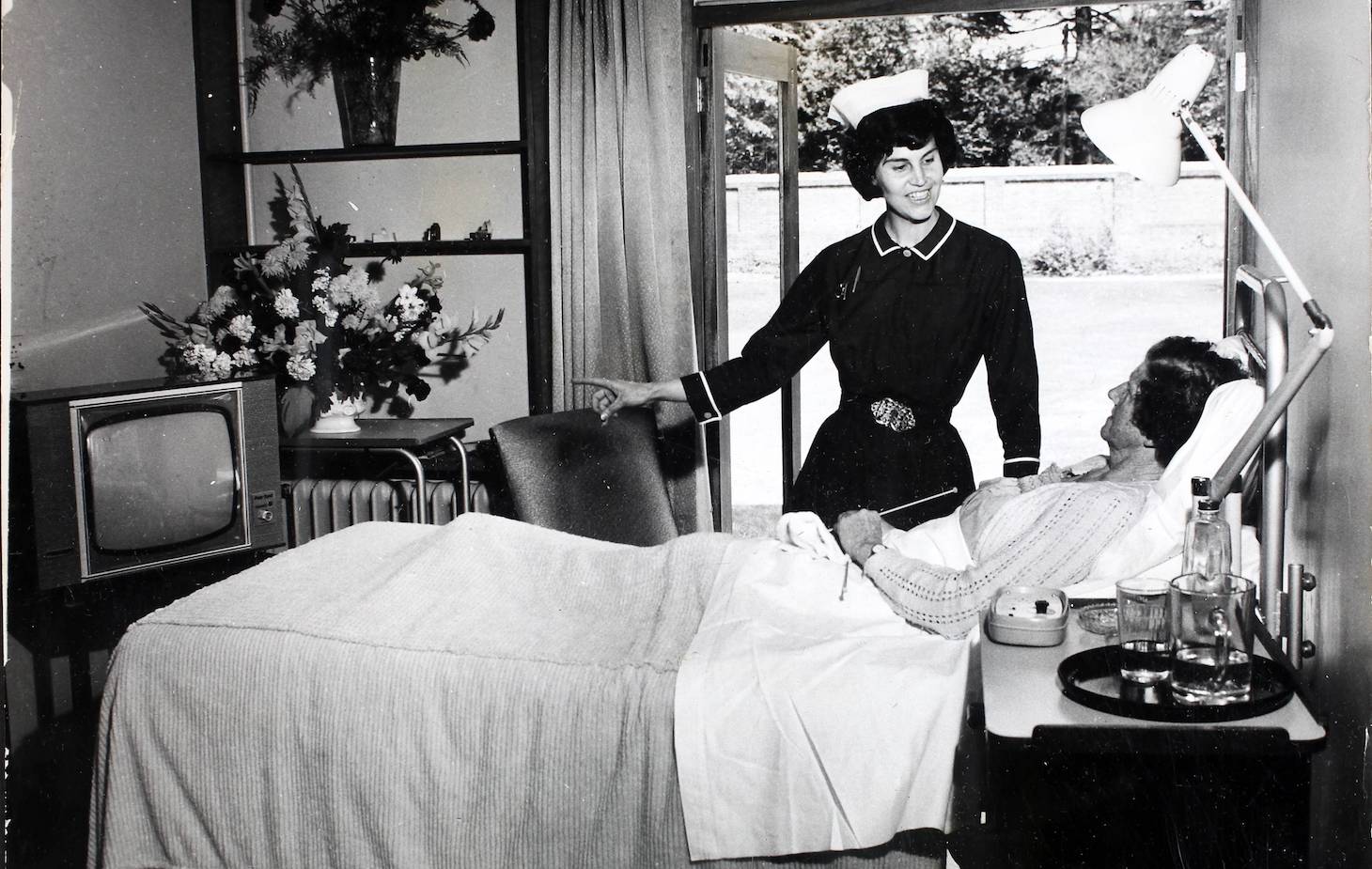The number of Britons turning to private healthcare has risen by a third since the pandemic. The figures from the Private Healthcare Information Network aren’t a surprise: they show that there were more ‘self-pay’ admissions for treatment in 2022 than in any other year the organisation has data for.
If long waiting lists remain, then a two-tier healthcare system will become normalised
In all, 272,000 people paid for their own treatment (rather than having it financed by insurance). The top four procedures that people either forked out for themselves or had insurance cover were cataract surgery (76,000), chemotherapy (66,000), diagnostic upper GI endoscopies (38,000) and diagnostic bowel colonoscopies (31,000), while musculoskeletal problems saw the biggest increases in patients: private hip replacements were up 76 per cent, knee replacements 64 per cent and inguinal hernia repairs rose by 56 per cent.
For self-pay patients, the increases were even steeper: hip replacements rose by 171 per cent, knee replacements by 150 per cent and inguinal hernia repair by 131 per cent. These problems tend to have particularly long waiting lists and also impact patients’ ability to continue in their jobs and enjoy their lives, which explains why they might be particularly keen to pay upfront for the operation.
This is a consequence of the length of NHS waiting lists and waits. Some might argue that anyone who can exit those waiting lists is doing those behind them a favour: that was certainly the position that the Thatcher government took in the 1980s, and is something that some Conservative backbenchers still argue today. There are a number of political problems with this, though. The first is that patients are often still very committed to the principles of the NHS and end up blaming the politicians in power rather than the health service for their reliance on the private sector. Rishi Sunak is well aware of that, which is why he has made driving down NHS waiting lists one of his five priorities. The second problem is that if long waiting lists remain, then a two-tier healthcare system will become normalised. This is neither fair to the people who can’t afford to skip the queue nor is it sustainable, because the consent of the middle classes for a taxpayer-funded health service has always been key to the survival of the NHS. If too many patients feel they are paying twice for healthcare, then the house of cards starts to fall down.








Comments